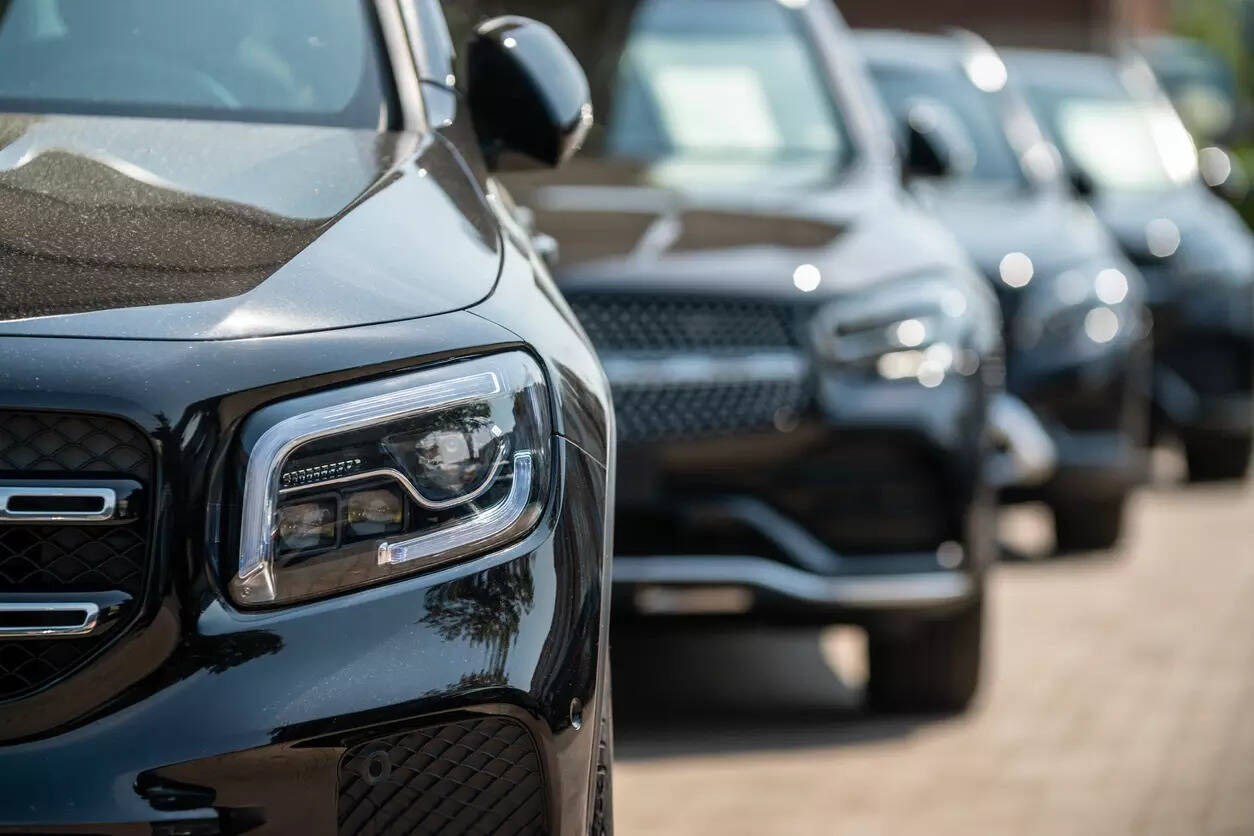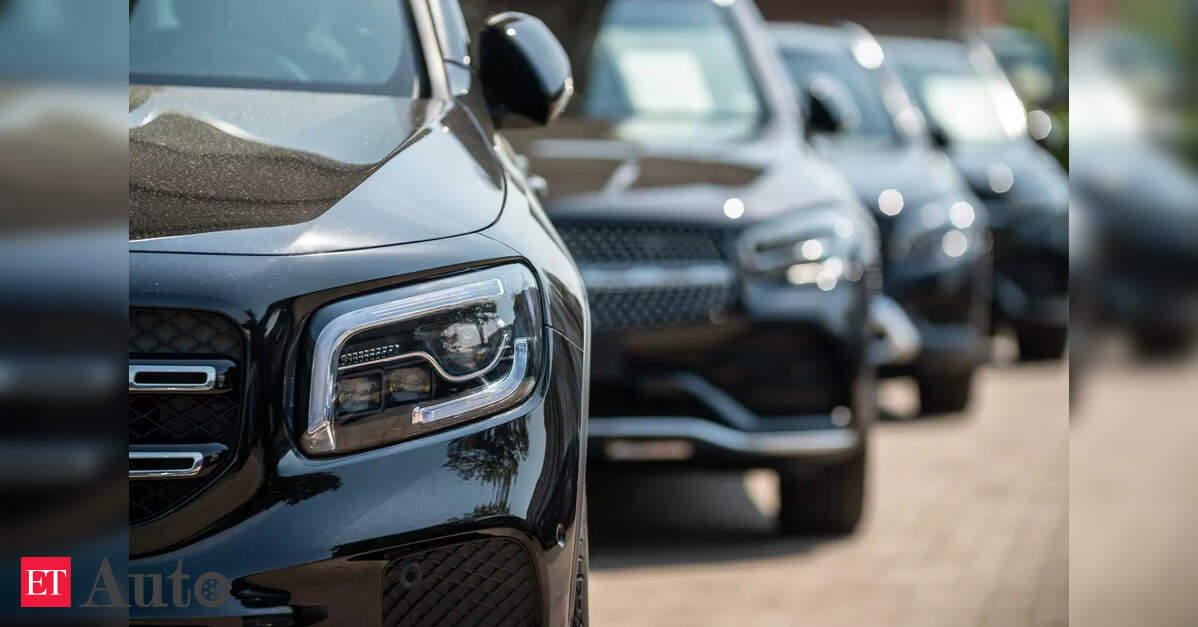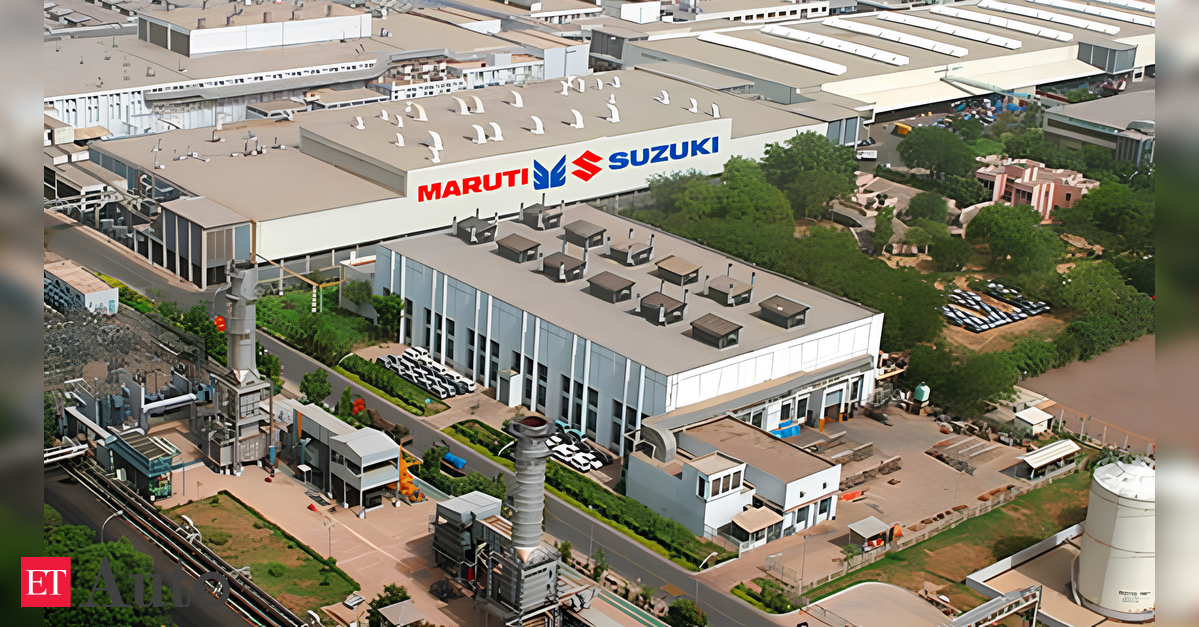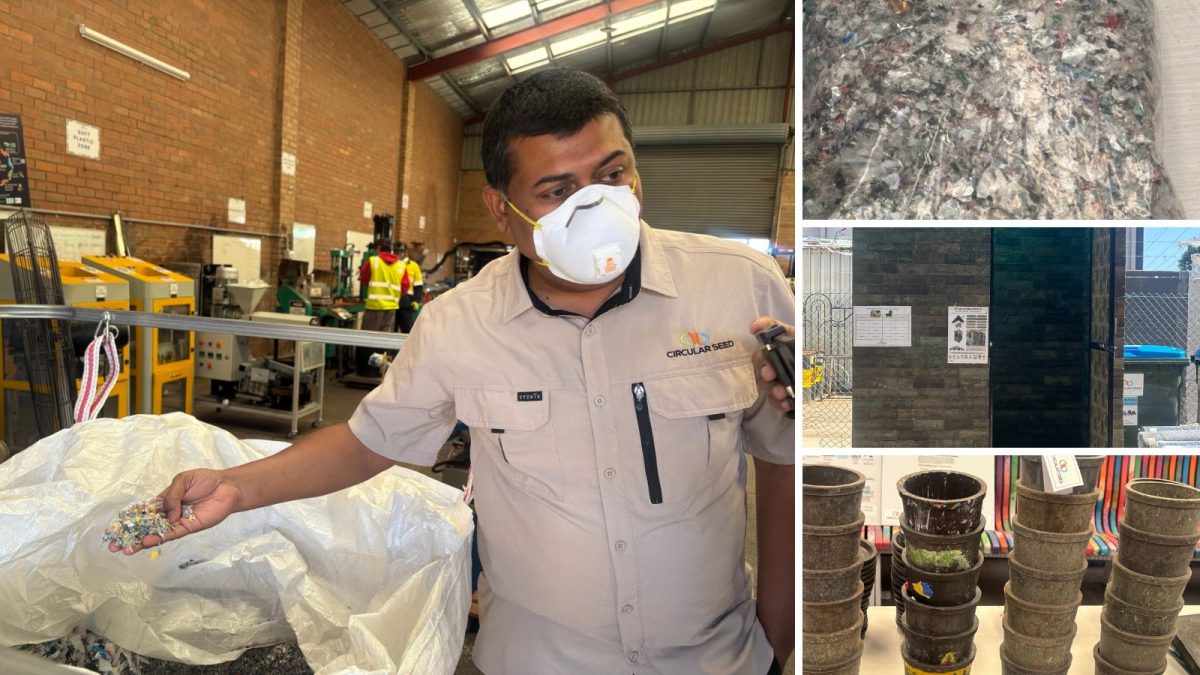 While domestic automakers like Tata Motors and M&M have limited offerings in higher-end EV category, global luxury carmakers could feel brunt of the proposed tax hikes.
While domestic automakers like Tata Motors and M&M have limited offerings in higher-end EV category, global luxury carmakers could feel brunt of the proposed tax hikes.Global luxury OEMs in India such as Tesla, Mercedes-Benz, BMW and BYD could face the heat as a key tax panel has proposed sharp increases in goods and services tax (GST) rates on high-end electric cars, according to a government document reviewed by Reuters.
The panel has suggested raising GST on electric cars priced between ₹20 lakh and ₹40 lakh ($23,000–$46,000) from the current 5 per cent to 18 per cent. For EVs priced above $46,000, it has recommended a steeper 28 per cent rate, arguing that such vehicles cater to “upper segments” of society and are predominantly imported rather than locally manufactured.
However, Prime Minister Narendra Modi’s administration has also proposed eliminating the 28 per cent GST slab entirely, leaving the GST Council — which meets on September 3-4 — with the option of moving luxury EVs either into the 18 per cent category or a new 40 per cent slab reserved for luxury goods.
What are the recommendations
The recommendations come as part of Modi’s broader tax reform agenda aimed at simplifying GST, cutting rates on everyday items, and promoting domestic manufacturing at a time when trade tensions with the US remain elevated.
India’s electric car market, though small at present — about 5 per cent of passenger car sales between April and July — is expanding quickly. Sales in the segment nearly doubled to 15,500 units during the four-month period.
While domestic automakers like Tata Motors and Mahindra & Mahindra have limited offerings in the higher-end EV category, global luxury carmakers could feel the brunt of the proposed tax hikes. Tesla, which recently launched its Model Y in India at a base price of $65,000, along with Mercedes, BMW and BYD, would see significant cost escalations if the changes are approved.
Tesla, which has just begun taking bookings and opened two showrooms in India, already faces import tariffs of around 100 per cent. The GST levy comes on top of those duties, further raising prices for customers.
Despite the potential policy headwinds, Tata Motors currently leads India’s EV car market with nearly 40 per cent share, followed by Mahindra at 18 per cent. BYD holds 3 per cent, while Mercedes-Benz and BMW together account for 2 per cent, government data showed.
The GST Council, comprising the Union Finance Minister and state finance ministers, has the final authority on the proposals. The council’s decision is expected to set the tone for how India balances its twin goals of driving EV adoption and protecting domestic industry from an import-heavy luxury segment.




